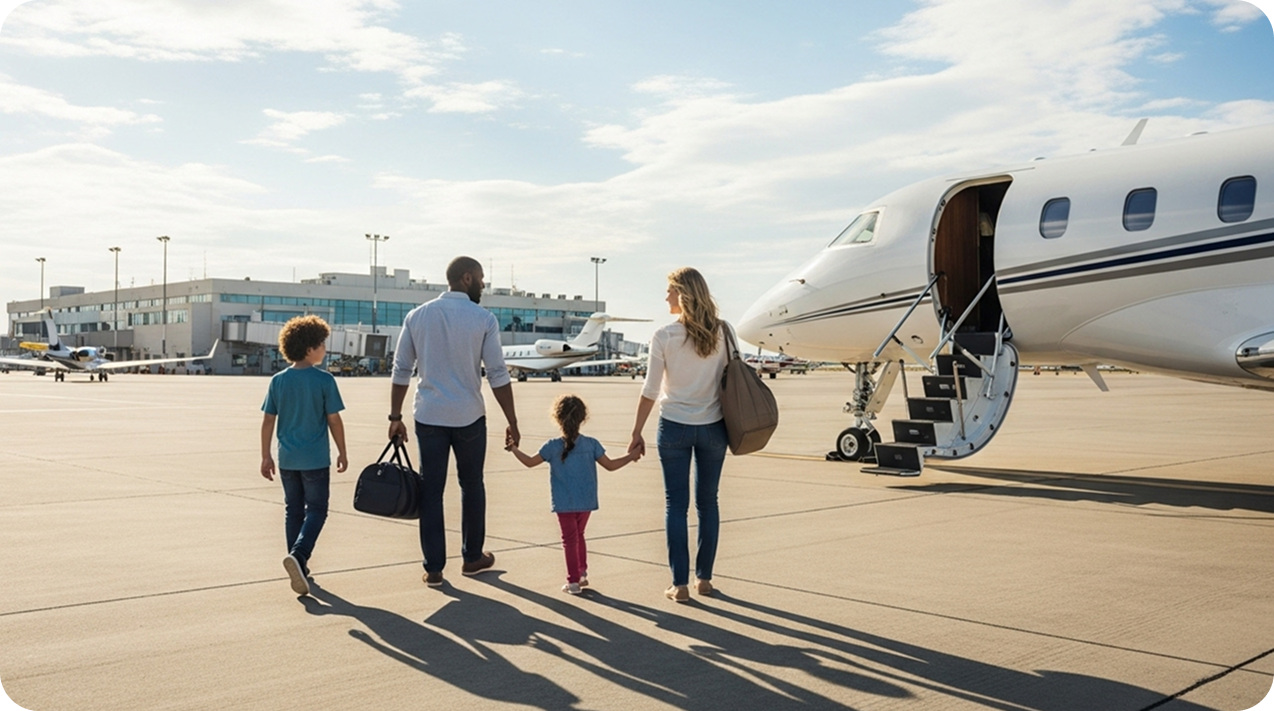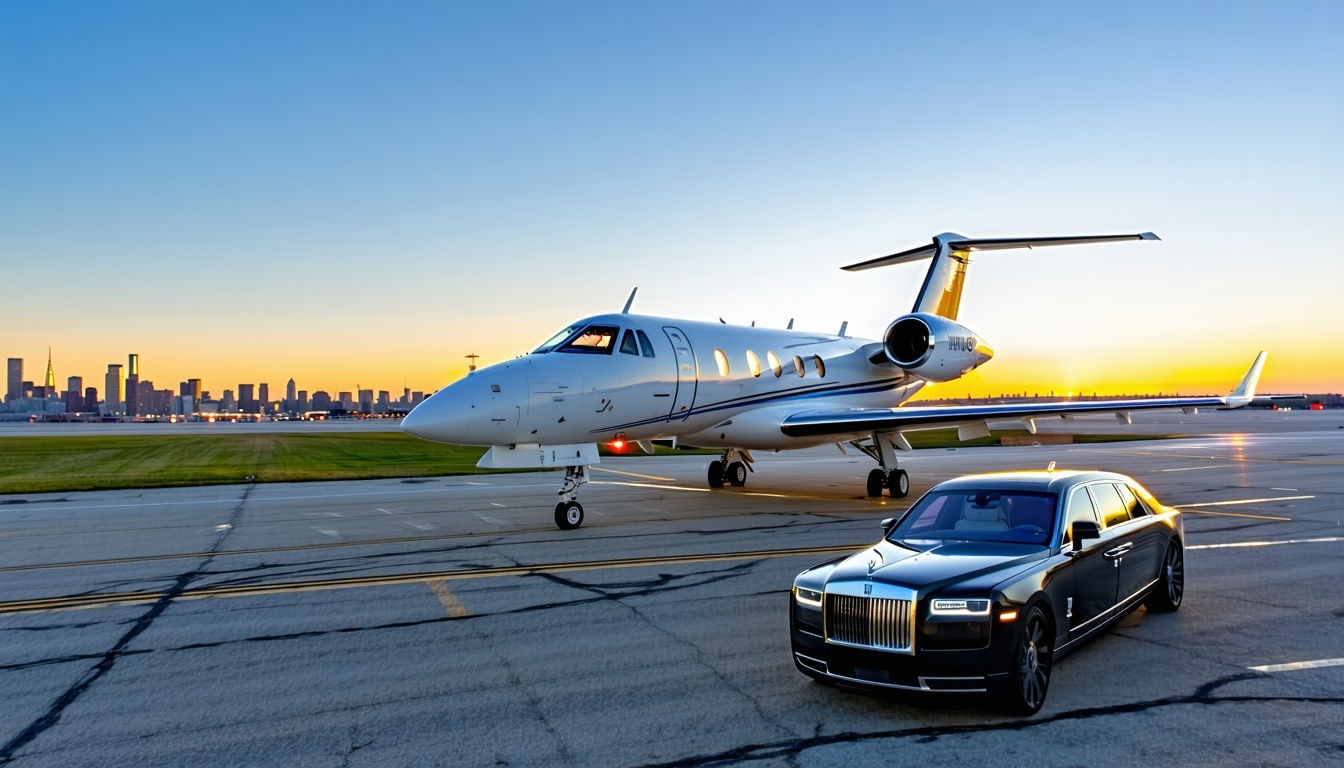1 min read
Why Trump's Tariffs Are Bad for Jet Ownership but Great for Private Jet Chartering
Insights Team
:
Updated on April 7, 2025
.jpg)
In a dramatic shift with ripple effects across the aviation industry, President Trump’s latest round of tariffs—particularly on aircraft imports, steel, aluminum, and aviation parts—has stirred turbulence for private jet owners and manufacturers. But while jet ownership may be facing headwinds, the private jet chartering market is catching some unexpected tailwinds.
Jet Ownership Takes a Hit
Trump’s administration recently enacted a 25% tariff on aircraft and aircraft parts imported from key trading partners like Canada and Mexico. That’s especially bad news for U.S. buyers of popular aircraft brands such as Bombardier, which manufactures a large portion of its jets north of the border.
Here’s how these tariffs are driving up the cost of jet ownership:
-
Soaring Acquisition Costs: A $20 million jet imported from Canada now comes with an added $5 million in duties. That alone may force buyers to reconsider outright ownership.
-
Higher Maintenance Expenses: Many replacement parts and maintenance materials—made from imported steel and aluminum—are also subject to tariffs. Over time, this makes even maintaining an older jet considerably more expensive.
-
Resale Value Decline: As ownership becomes more costly, demand for new and used jets is expected to dip, putting downward pressure on resale values. Owners may lose millions simply due to changing trade policies.
Jet Chartering Becomes the Smart Play
While jet owners absorb higher costs and dwindling resale values, the charter industry may be the unexpected beneficiary. Here's why:
-
Lower Barrier to Entry for Flyers: Individuals and businesses deterred by the now-inflated cost of buying a jet are turning to charter solutions for flexibility and cost control.
-
Increased Fleet Availability: Some owners looking to offset costs are placing their jets into charter programs, expanding the available charter fleet and driving competition.
-
Predictable, All-Inclusive Pricing: Charter services are typically priced per hour and include maintenance, crew, insurance, and logistics. For clients, that means no surprise tariff-related bills or market volatility.
-
Appeal During Economic Uncertainty: With recession fears growing in response to trade tensions, companies are more cautious with capital. Chartering allows for premium travel without the long-term financial commitment of ownership.
Conclusion: A Shift in Luxury Travel Dynamics
President Trump’s tariffs may have been aimed at boosting American manufacturing, but in the short term, they’ve made private jet ownership less accessible—even for high-net-worth individuals and corporations. The hidden winner? The chartering market, which stands to gain from this wave of displaced would-be owners.
For now, flying private is still very much in style—but instead of buying the jet, more people are simply renting the ride.



.png)
.png)